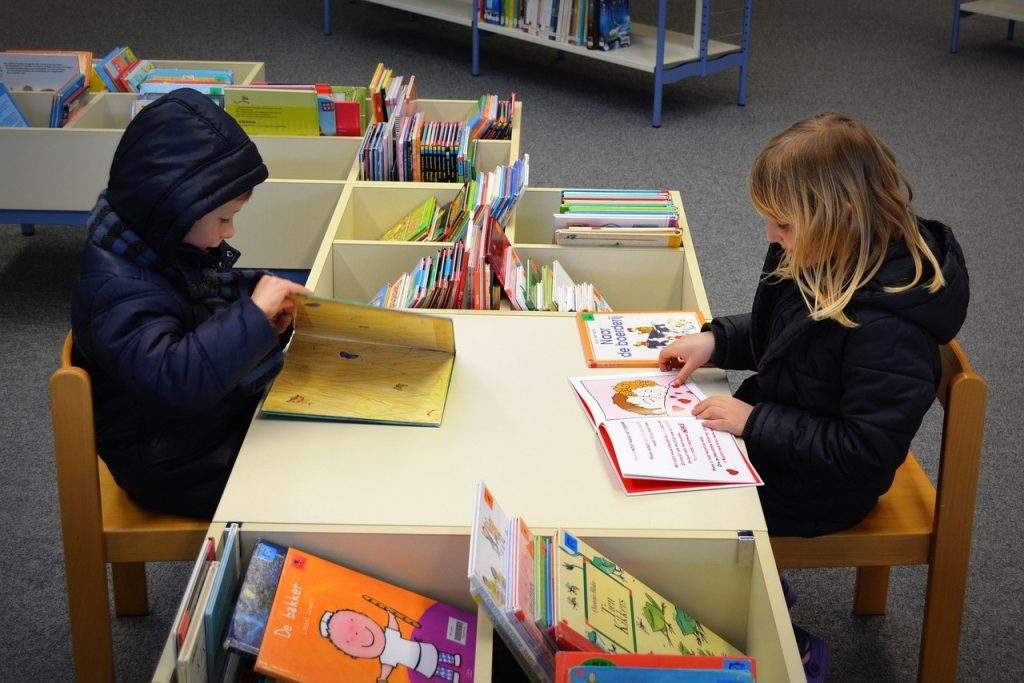
We’ve talked before about the importance of a good profile in winning you work as a nanny, but a CV – and your experience and qualifications – will only get you as far as the interview.
Imagine opening a mystery box of chocolates. You have preferences – for example you prefer milk chocolate and don’t like nuts – and you can make decisions about what you see on the outside. That’s what your CV is for, to help the family pick out the milk chocolates and discard the nuts. Other things you can only tell by biting into the chocolate and discovering the hidden nuts inside. Sometimes a really tasty-looking chocolate can be disappointing, and sometimes a chocolate that seems plain on the outside can have a surprising centre.
Once you actually meet the parents, what is it that will land you the job?
Remember that the interview is first and foremost a chance for you and the family to interact, so don’t sit there passively! Taking an active part in the discussion and asking well- timed questions will show that you’re interested in hearing about them and their expectations as well as being prepared to answer questions about your experience and approach to childcare. Respond to the family’s cues and where they ask you what you would do in certain situations you should answer the question and then reflect it back to them to find out what their preferences are.
Let your enthusiasm for your job, and children, shine through. A happy, animated nanny who is able to describe what they do on a day to day basis is much more likeable than a coldly, professional nanny who gives textbook answers. Also show enthusiasm for the children if they are there. Try to get to know your future charges by smiling, waving and asking them questions, getting down on their level and responding to any overtures they make such as bringing you a favourite toy.
You probably have a list of questions in your head (or on paper!) that you want answered and chances are some of these will be covered before they ask whether you have any questions at the end of the interview. Pay attention to what the family say all the way through so unless you’ve genuinely forgotten the answer (in which case you should apologise and just ask them for clarification) you don’t ask for information you’ve already been given.
Also make sure your questions don’t focus solely on hours, pay and holidays, although that is obviously very important ground to cover. Ask about the children’s favourite activities, how the parents like to communicate during the day and what their priorities are as a family. Taking an interest in them as people will also help you decide whether you feel able to work with them.
The main objective of an interview is to establish a good relationship between you and the family, so you both leave with the impression that you could work well together.













